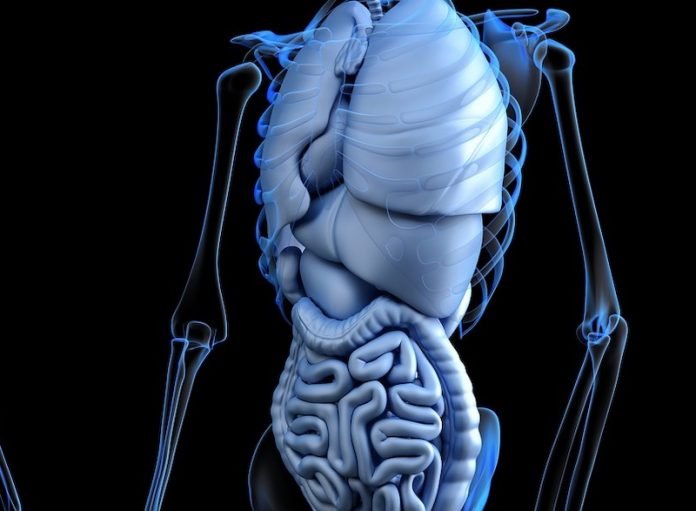
In a new study, researchers found new connections between liver dysfunction and Alzheimer’s disease.
The finding paves a new path toward a systems-level view of Alzheimer’s and may help improve early detection and prevention of the disease.
The research was conducted by a team from the Alzheimer’s Disease Metabolomics Consortium (ADMC) and other institutes.
Previous research has shown Alzheimer’s disease is linked to diabetes or high cholesterol and other systemic illnesses.
In the study, the team examined the link between biochemical markers of liver function and Alzheimer’s disease biomarkers.
They examined more than 1,500 participants and measured enzymes predominantly found in the liver.
They discovered a link between liver function and Alzheimer’s, which could help the understanding of metabolic dysfunction in the disease.
They found altered liver enzymes were linked to both cognitive impairment and Alzheimer’s amyloid-β and tau in cerebrospinal fluid and reduced brain glucose metabolism on PET scans.
The finding shows blood biomarkers reflecting liver function were related to brain imaging and CSF markers associated with Alzheimer’s.
The team says the study represents the new wave of Alzheimer’s research. Scientists now have to study the brain as an organ that is communicating with and connected to other organs in the body.
Other organs can support brain function and can contribute to its dysfunction.
The concept emerges that Alzheimer’s disease might be a systemic disease that affects several organs including the liver.
This line of research is expected to ultimately enable physicians to provide more personalized patient care.
Doctors treating patients with liver dysfunction need to check if the patients show early-stage Alzheimer’s disease.
The leader of the study is IU School of Medicine radiology professor Kwangsik Nho, Ph.D.
The study is published in JAMA Network Open.
Copyright © 2019 Knowridge Science Report. All rights reserved.



